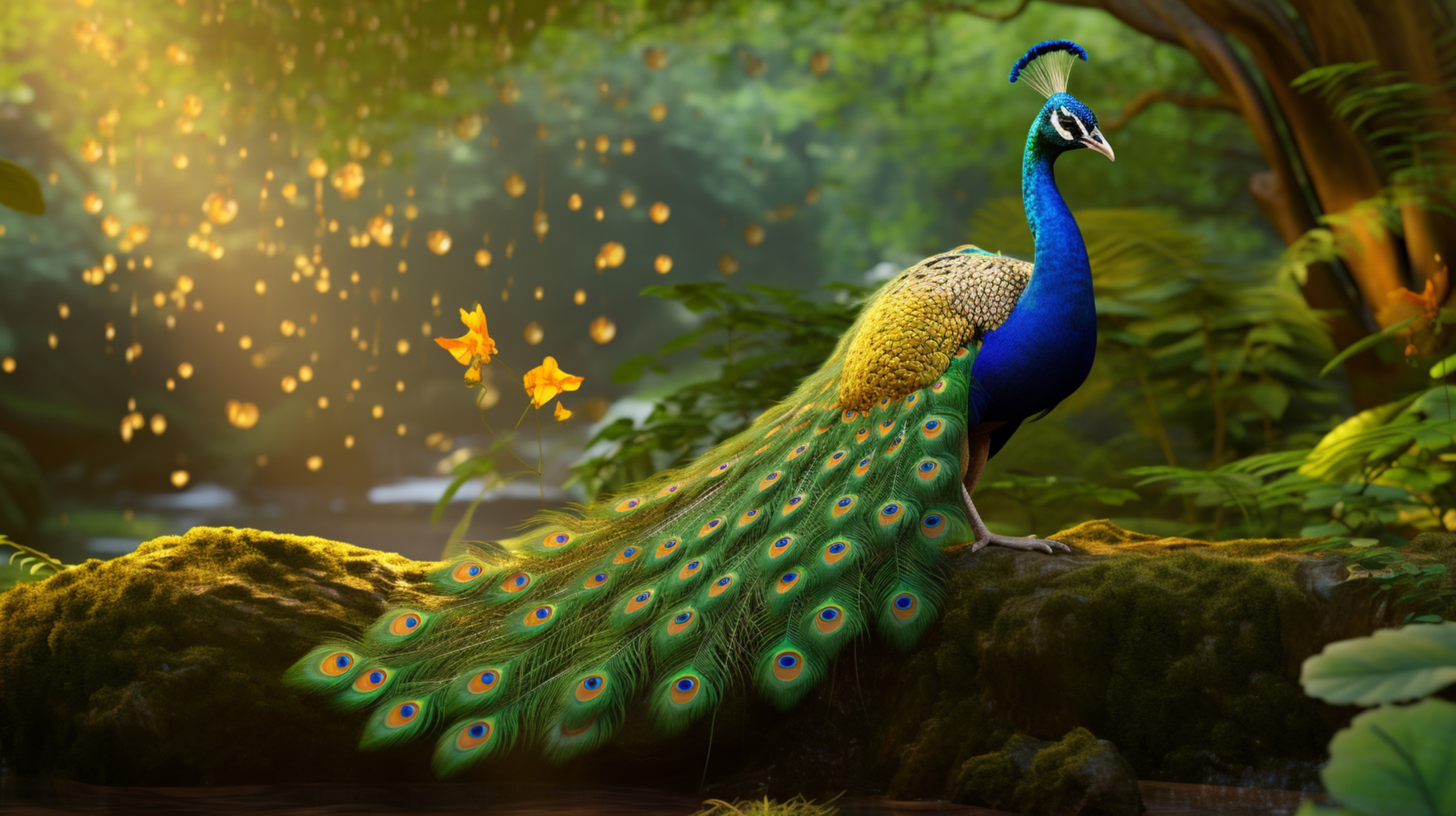Lord Murugan
.jpg)
.jpg)

.jpg)
.jpg)
.jpg)
.jpg)
.jpg)
.jpg)
.jpg)
.jpg)
Lord Murugan, also known as Kartikeya or Skanda, is a prominent Hindu deity, particularly revered in South India, Sri Lanka, Singapore, and Malaysia. He is the god of war, victory, wisdom, and love. Murugan is the son of Lord Shiva and Goddess Parvati, and brother to Lord Ganesha.
Mythological Origins:
Murugan's birth is linked to a need to defeat the demon Tarakasura, who could only be killed by a son of Shiva.
He was conceived from six sparks that emerged from Shiva's third eye, carried by Agni (fire god) and Ganga (Goddess of the river), eventually forming six babies in a lake called Saravana.
These six babies were nurtured by the six Krittika stars, hence the name Kartikeya.
Goddess Parvati later united the six into a single form with six faces, known as Shanmukha.
Murugan is also known as Skanda, meaning "the one who has spilled over," referring to his miraculous birth.
Symbolism and Significance:
Murugan is often depicted with six faces, riding a peacock, and holding a spear or Vel.
The rooster on his flag represents his victory over the demon Surapadman.
The spear (Vel) is a symbol of divine power and protection.
Murugan's story is detailed in the Skanda Purana, a sacred Hindu text.
Worship and Festivals:
Murugan is widely worshipped in South India, particularly in Tamil Nadu, with numerous temples dedicated to him.
Major festivals include Thai Pusam, during which devotees perform kavadi attam (carrying decorated burdens) and other rituals.
Kanda Shashti is another important festival commemorating Murugan's victory over the demon Surapadman.
In Tamil Culture:
Murugan is considered the patron god of the mountainous region (Kurinji) in Tamil literature.
His peacock symbolizes beauty, grace, and the vanquishing of negativity.
He is also revered as "Thamizh Kadavul," the Tamil God, and is a symbol of spiritual solace and cultural pride.